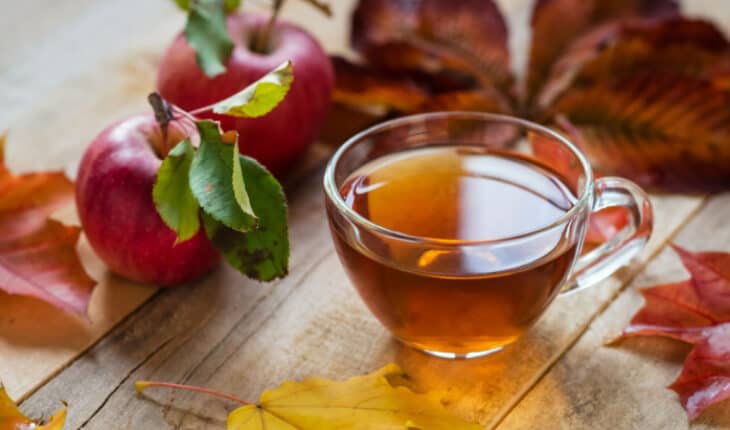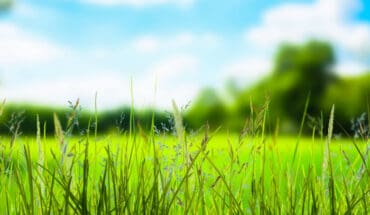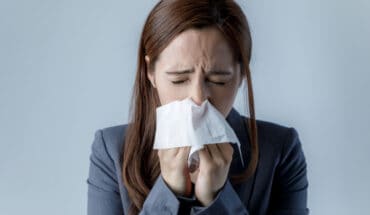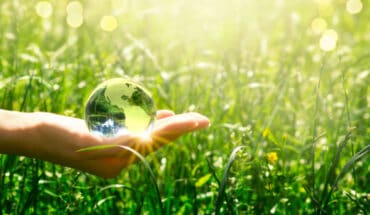Eat apples and drink tea for good health: First nutritional guideline of its kind says an apple a day really can keep the doctor away.
The first dietary recommendation for a type of plant compound that is not a vitamin – flavan-3-ols, found in tea, berries, apples, grapes and cocoa – is now available.
Dietary guidelines have traditionally been based on preventing deficiencies in essential vitamins, minerals, proteins, fats and sugars. The only other current recommendation based solely on health outcomes of a non-essential nutrient is for fibre.
Experts from across the world worked together to draft the flavan-3-ols guidelines. Working together to review the science and determine if the strength of evidence warranted a guideline, the expert panel included:
Kristi M. Crowe-White, PhD, RD, The University of Alabama; Levi W. Evans, PhD, NDTR, USDA-ARS; Gunter G.C. Kuhnle, PhD, RNutr, FRSPH, FHEA, University of Reading; Dragan Milenkovic, PhD, University of California Davis; Kim Stote, PhD, MPH, RDN, CDN, State University of New York; Taylor Wallace, PhD, CFS, FACN, Think Healthy Group and George Mason University; Deepa Handu, PhD, RDN, LDN, Academy of Nutrition and Dietetics; Katelyn E. Senkus, MS, The University of Alabama.
Dr Gunter Kuhnle, University of Reading said: “To reduce your risk of cardiovascular disease, we recommend consuming 400mg-600mg of flavan-3-ols, per day. This is equivalent to a couple of cups of tea, some red or purple berries, and an apple. It is far more effective to take in your daily amount as healthy food or beverages than to take a supplement”.
Flavan-3-ols are also found in red wine and dark chocolate. Unfortunately, the risk associated with the consumption of alcohol and high fat and sugary foods is likely to outweigh the benefits.
This guideline is based on data from 157 randomised controlled trials, and 15 cohort studies. The data clearly show that consuming enough flavan-3-ols can protect the heart and improve blood pressure, cholesterol and blood sugar control, albeit to varying degrees among individuals.
It should be noted that this is a food-based guideline and not a recommendation for flavan-3-ol supplements as flavan-3-ol supplements can cause liver damage and gastrointestinal distress when taken in high doses.
The guidelines have been presented to the nutrition science community at a meeting of the USA’s Academy of Nutrition and Dietetics. The next stage will be to approach clinicians, public health entities, and the food industry to bring the data to bear on local policies and practices.
Foods with high levels of Flavan-3-ols
| Food | Amount (UK) | Amount (US) | Amount [g] | Flavan-3-ol content (mg) |
| Green tea | 1 cup | 8 ounces | 240 g | 320 |
| Black tea | 1 cup | 8 ounces | 240 g | 280 |
| Blackberries | 2 portions | 1 cup | 160 g | 65 |
| Cranberries (dried) | 1 portion (80 g) | ½ cup | 80 g | 35 |
| Dark chocolate (80% cocoa) | 3 squares | 3 squares | 18 g | 20 |
| Red wine | 1 glass | 5 ounces | 150 mL | 15 |
| Apple | 1 small | 1 small | 165 g | 15 |
| Blueberries | 2 portions | 1 cup | 150 g | 10 |
| Strawberries | 2 portions | 1 cup | 150 g | 5 |
| Grapes (red or green) | 2 portions | 1 cup | 150 g | 5 |
- New lipid-based pathway discovered as key to memory formation - 25th June 2025
- Crucial link could explain how Alzheimer’s takes hold - 25th June 2025
- Understanding Your Mind Can Improve Daily Life - 25th June 2025







